
In the world of gardening, there are few practices more fundamental than composting. This ancient method of recycling organic waste into nutrient-rich soil amendments is a true game-changer for anyone aspiring to cultivate a thriving, sustainable outdoor space. By harnessing the power of decomposition, you can transform food scraps, yard trimmings, and other “waste” into “black gold” that will nourish your plants and improve the overall health of your garden.
Still on the fence about starting your own compost bin? Let’s dive into the many benefits of composting, as well as the simple steps to get your first batch underway.
The Magic of Compost
At its core, compost is decayed organic matter – a soil-like substance brimming with the essential nutrients that plants crave. When you incorporate compost into your garden beds, you’re not just providing a boost of fertility; you’re also improving the physical structure of the soil itself.
Compost enhances drainage in heavy, clay-based soils by introducing air pockets and increasing porosity. Conversely, it helps sandy soils retain moisture and nutrients more effectively. The end result is a rich, loamy growing medium that supports vigorous root growth and overall plant vitality.
Beyond these tangible benefits, compost also serves as a natural alternative to chemical fertilizers. As the organic materials break down, they slowly release a balanced blend of macronutrients like nitrogen, phosphorus, and potassium, as well as a host of micronutrients. This gradual feeding mimics nature’s own processes, providing a steady supply of nourishment without the risk of burning or shocking your plants.
Getting Started with Composting
Ready to start reaping the rewards of homemade compost? The good news is that getting your first bin up and running is a relatively straightforward process. Here’s a step-by-step guide:
- Choose a Bin: Select a compost bin or tumbler that suits your available space and composting needs. Opt for a unit with airflow vents and easy access for turning and harvesting. You can find ready-made bins at most home and garden stores, or you can even build your own using pallets or recycled materials.
- Locate It Wisely: Position your compost bin in a convenient, semi-shaded spot near your garden beds. Avoid areas that are too sunny, as excessive heat can dry out the contents. Proximity to a water source is also ideal for maintaining optimal moisture levels.
- Layer It Up: Start by placing a 6-inch base layer of coarse, dry “brown” materials like shredded leaves, straw, or sawdust in the bottom of your bin. This provides air flow and drainage. Then, add alternating layers of “green” materials (fresh grass clippings, vegetable scraps, coffee grounds) and more brown materials. Aim for a 30:1 carbon-to-nitrogen ratio for the healthiest compost.
- Monitor and Maintain: Regularly check your compost pile and give it a gentle turn with a garden fork every week or two. This helps aerate the materials and ensures even decomposition. Keep the contents slightly moist, like a wrung-out sponge, by misting with water as needed.
- Be Patient: High-quality compost takes time to develop – typically 4-6 months, depending on the ingredients and your climate. As the materials break down, you’ll notice the pile shrinking in size. Once it has a rich, earthy aroma and a crumbly, soil-like texture, your compost is ready to be harvested and incorporated into your garden beds.
Composting Dos and Don’ts
To ensure a smooth, efficient composting process, keep these tips in mind:
DO include a diverse array of organic materials, including fruit and vegetable scraps, plant trimmings, shredded paper, and even dryer lint. DON’T compost meat, dairy, oils, or chemically treated materials, as they can attract pests and create foul odors. DO maintain proper moisture levels, aeration, and carbon-to-nitrogen ratios for optimal decomposition. DON’T let your compost pile become too dry, soggy, or compacted, as this can inhibit microbial activity.
By mastering the fundamentals of composting, you’ll unlock a treasure trove of benefits for your garden. Not only will you reduce household waste, but you’ll also cultivate nutrient-dense soil that will fuel your plants’ growth and resilience for seasons to come. So why not get started on your very own compost bin today? Your garden will thank you!
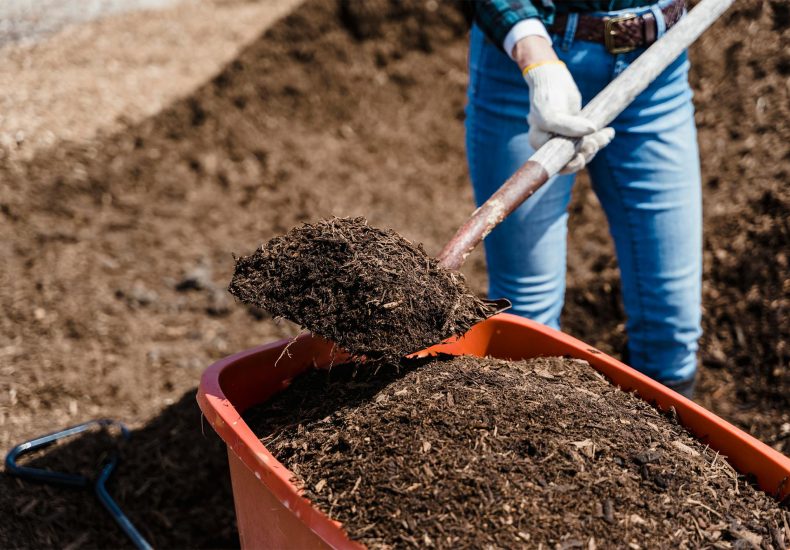
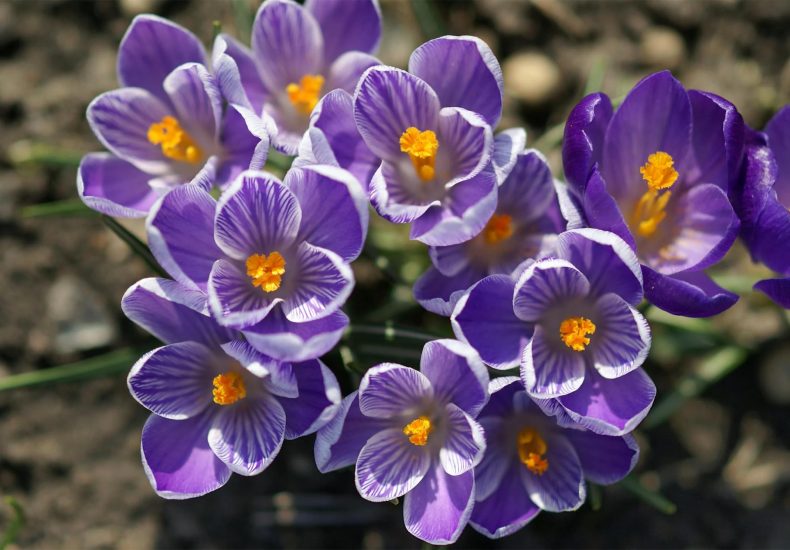
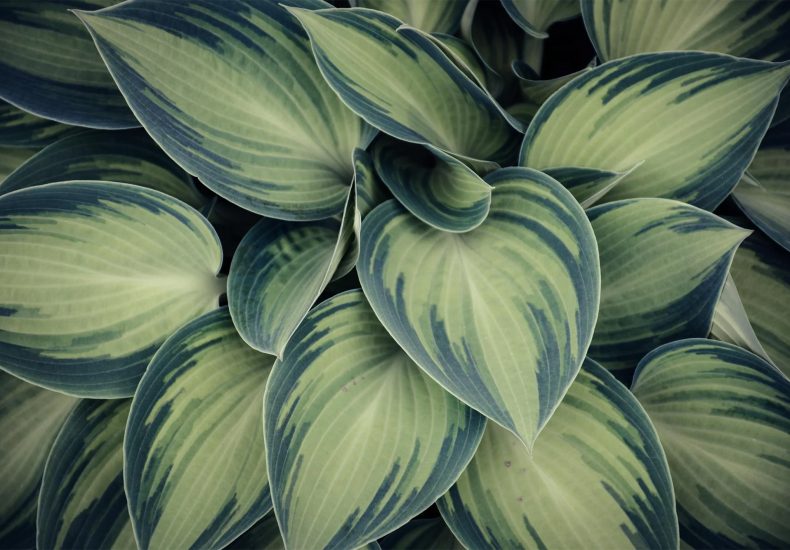

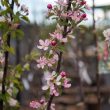
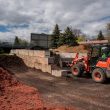
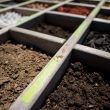
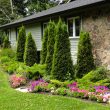
admin
test